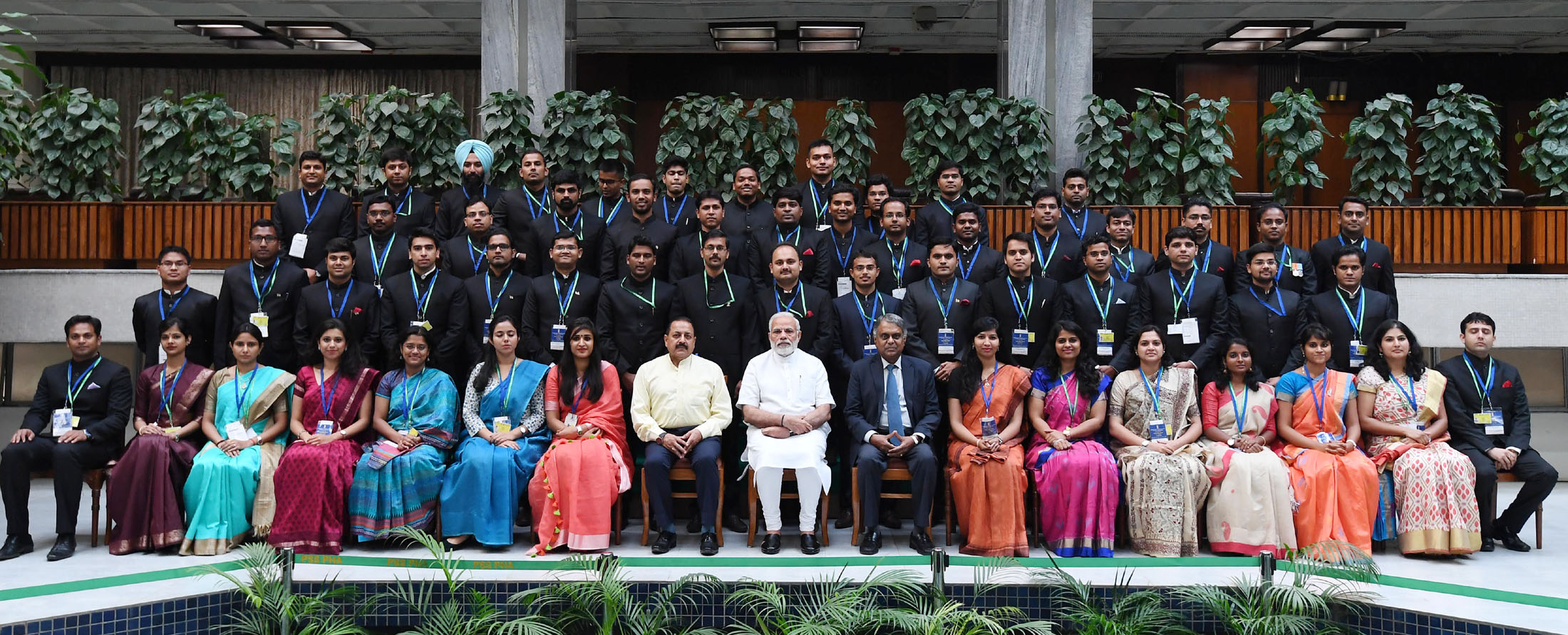
The Indian Administrative Service (IAS) is often considered the steel frame of India's administrative machinery. IAS officers, entrusted with significant responsibilities, play a pivotal role in shaping the country's governance and development. This article we explore the power, role, and duties of an IAS officer, shedding light on their multifaceted contributions to the nation.
Power of an IAS Officer: IAS officers wield considerable power owing to their authority over administrative matters. Their powers include:
- Policy Formulation: IAS officers actively participate in formulating policies at various levels of government, contributing their expertise to address socio-economic challenges.
- Decision-Making: They are empowered to make crucial decisions concerning the implementation of government programs and projects, ensuring efficient delivery of public services.
- Administrative Control: IAS officers exercise administrative control over government departments, supervising their functioning and ensuring adherence to rules and regulations.
- Law Enforcement: They collaborate with law enforcement agencies to maintain law and order, uphold justice, and safeguard citizens' rights.
- Revenue Administration: IAS officers oversee revenue administration, including taxation, land revenue, and fiscal management, to promote economic growth and equitable distribution of resources.
Role of an IAS Officer: The role of an IAS officer is diverse and dynamic, encompassing the following aspects:
- Policy Implementation: IAS officers play a crucial role in implementing government policies and programs effectively, translating vision into action for sustainable development.
- Public Administration: They serve as frontline administrators, managing public services, addressing grievances, and ensuring the delivery of essential services to citizens.
- Development Planning: IAS officers contribute to development planning by formulating strategies, mobilizing resources, and coordinating efforts across sectors to achieve developmental goals.
- Crisis Management: During emergencies or natural disasters, IAS officers lead relief and rehabilitation efforts, coordinating with various agencies to mitigate the impact and restore normalcy.
- Social Welfare: They work towards promoting social welfare initiatives, including education, healthcare, poverty alleviation, and empowerment of marginalized communities, fostering inclusive growth.
- Judicial Functions: IAS officers preside over quasi-judicial functions, adjudicating disputes, conducting inquiries, and ensuring procedural fairness in administrative matters.
Duties of an IAS Officer: IAS officers are entrusted with several duties, which include:
- Administrative Leadership: Providing visionary leadership and direction to government departments, fostering innovation, and promoting efficiency in administration.
- Policy Advice: Offering expert advice to policymakers, analyzing complex issues, and recommending pragmatic solutions to address governance challenges.
- Public Relations: Engaging with stakeholders, fostering public trust, and promoting transparency and accountability in governance processes.
- Ethical Conduct: Upholding the highest standards of integrity, honesty, and impartiality in decision-making, maintaining public trust in the civil services.
- Continuous Learning: Keeping abreast of emerging trends, undergoing training programs, and enhancing professional skills to adapt to evolving administrative requirements.
- Community Engagement: Collaborating with local communities, civil society organizations, and grassroots institutions to understand their needs and aspirations, and facilitate participatory development initiatives.
IAS officers occupy a pivotal position in India's administrative framework, wielding significant power and shouldering diverse responsibilities. Their role in governance and development is indispensable, as they strive to uphold the principles of democracy, justice, and public service. By exercising their powers judiciously, fulfilling their roles diligently, and discharging their duties with integrity, IAS officers contribute to the nation-building process and strive to create a better future for all citizens.
